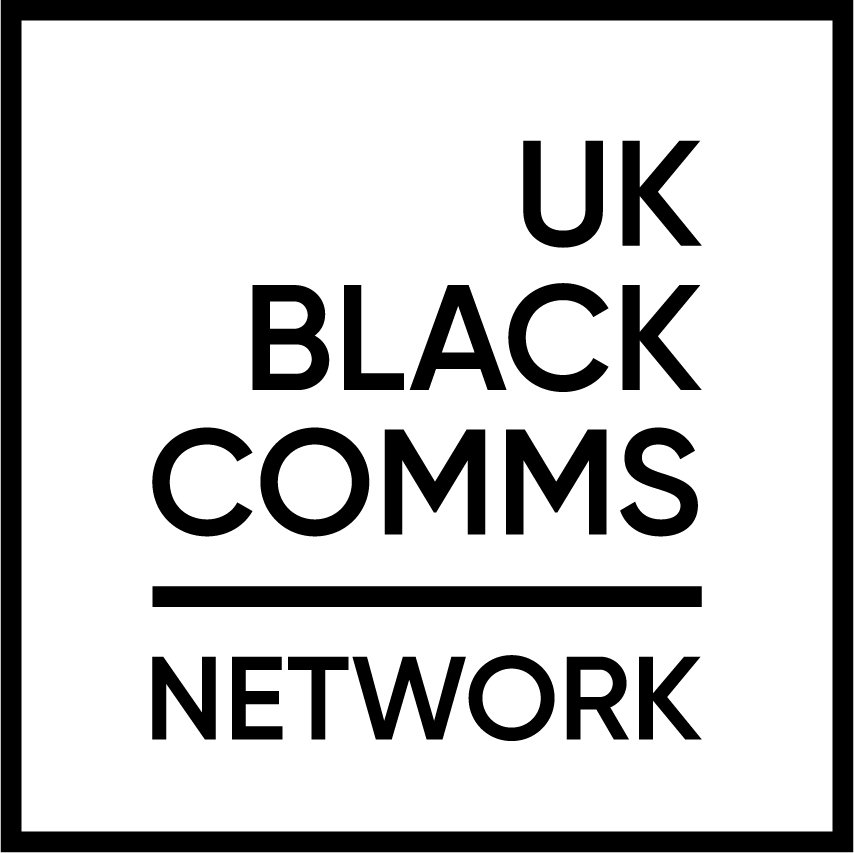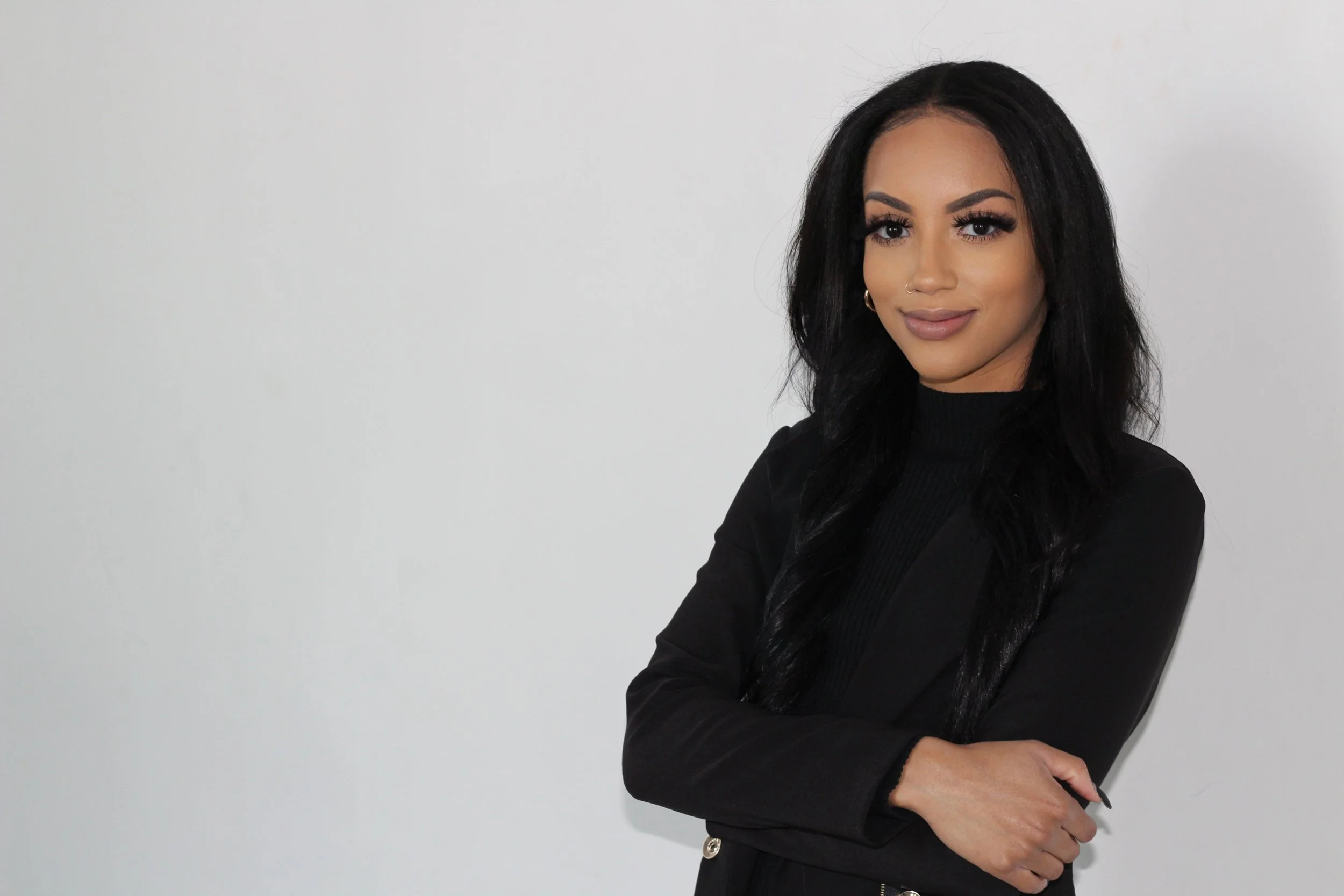Trailblazers and leaders: Kyla Brinkley
Kyla Brinkley | Director, Executive Thought Leadership & Social Media | Real Chemistry
How did you get into marketing/comms?
I’ve always been a planner, and once I learned about this industry, I knew it was where I belonged. I did a lot of research into different career paths while I was still in secondary school, and public relations immediately stood out. I’ve always been a strong writer, and I love collaborating with interesting people and brands. I chose my university specifically because of its strong PR programme and got involved with relevant organisations like the Public Relations Student Society of America (PRSSA) and the National Association of Black Journalists (NABJ), where I served as chapter president in my final year. I went on to complete several internships at both small and large communications agencies, which helped launch my career after graduation.
What is something that you do every day without fail?
I listen to podcasts every single day. I usually start my mornings with news-focused podcasts to stay informed before the work day begins. In the evenings, I tend to switch to something more light-hearted or educational — usually pop culture or history. I’ve been a podcast lover since I began my career, and it’s become my go-to way to stay on top of current events without having to read multiple articles or emails. It’s also important to me to hear different perspectives on the same topics, so I try to vary the outlets I listen to.
What is the best piece of advice that you’ve received? And who gave it to you?
I’ve received versions of this advice from several mentors, but most notably from my manager at my first full-time PR role (who’s now a close friend). She once told me to always advocate for myself, because no one else will do it for me. That means not waiting for the promotion cycle to show your value, and not holding off on your growth just because others haven’t acknowledged it yet. You have to take ownership of your career with an entrepreneurial mindset — even in a corporate setting — because no one is going to hand you what you’ve earned.
What is a tool/hack that you would recommend to anyone starting out in PR/Comms/Marketing?
Be proactive — even if you feel like you’re being a bit annoying! (You're not.) Step outside your comfort zone and make yourself known. Set up coffee chats with people you don’t work with regularly. Take the time to build relationships with your team on a personal level. Especially early in your career, this makes a real difference. When the time comes to advocate for yourself, those relationships will already be in place. It also fosters a better team culture and leads to stronger collaboration.
What’s your greatest achievement to date?
Moving to London! I followed my dream of living abroad and secured a role at a communications agency whose values align with my own. It’s something I’ve wanted since I started my career nearly ten years ago, and making it happen required a lot of planning and perseverance. My younger self would definitely be proud.
Is there a particular comms campaign that you’ve seen in your career that you didn’t work on but wish you had?
As a social strategist, I’ve always admired Netflix’s social team. They’re smart, reactive, and completely tapped into pop culture. One campaign I would’ve loved to work on is the launch of Queen Charlotte, the Bridgerton prequel. The team took a thoughtful approach, blending digital and experiential by inviting HBCU students to attend the premiere and spotlighting Black women in a Regency setting—which has always made the show feel revolutionary. While I’ve stepped back from doing DEI-focused comms exclusively after experiencing burnout, that lens is always part of my work. Campaigns like this inspire me, and I hope to be involved in something similar in the future.
In three words, describe your approach to your role/work?
Intentional, detail-oriented, authentic.
What’s a question every PR/marketing pro should ask themselves?
It seems simple, but you'll find as you grow and collaborate with business leaders outside of comms, it becomes more and more important to always ask: “Why?” Why are we doing this? Does it support our wider communications or business objectives? Will it lead to meaningful results? If not, it’s worth rethinking the approach.

